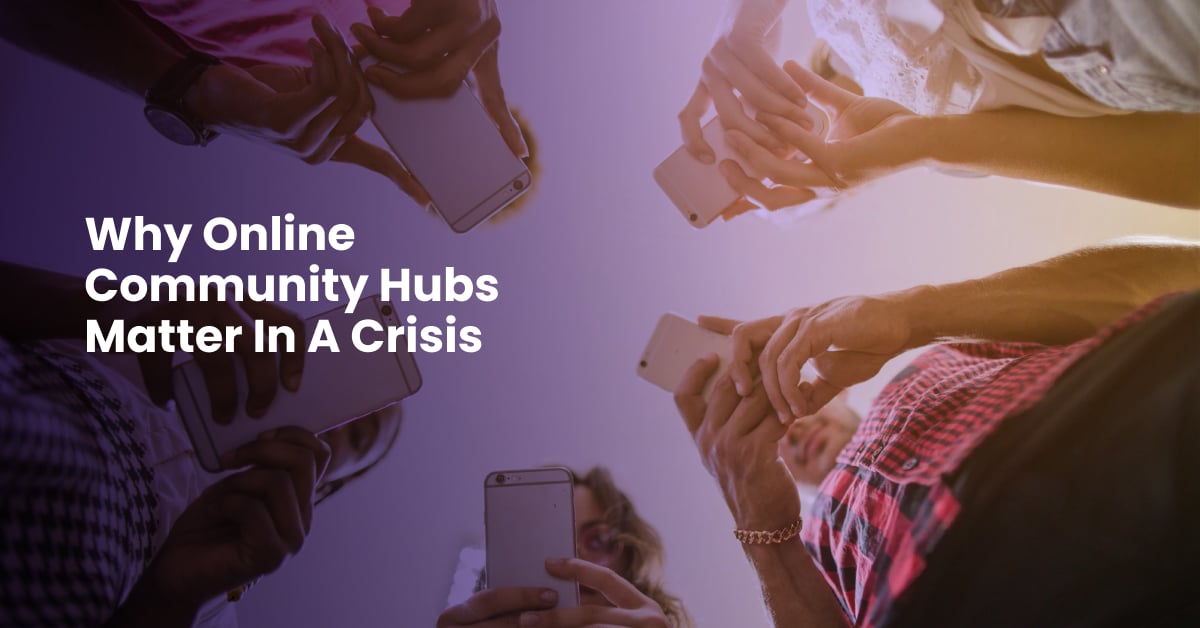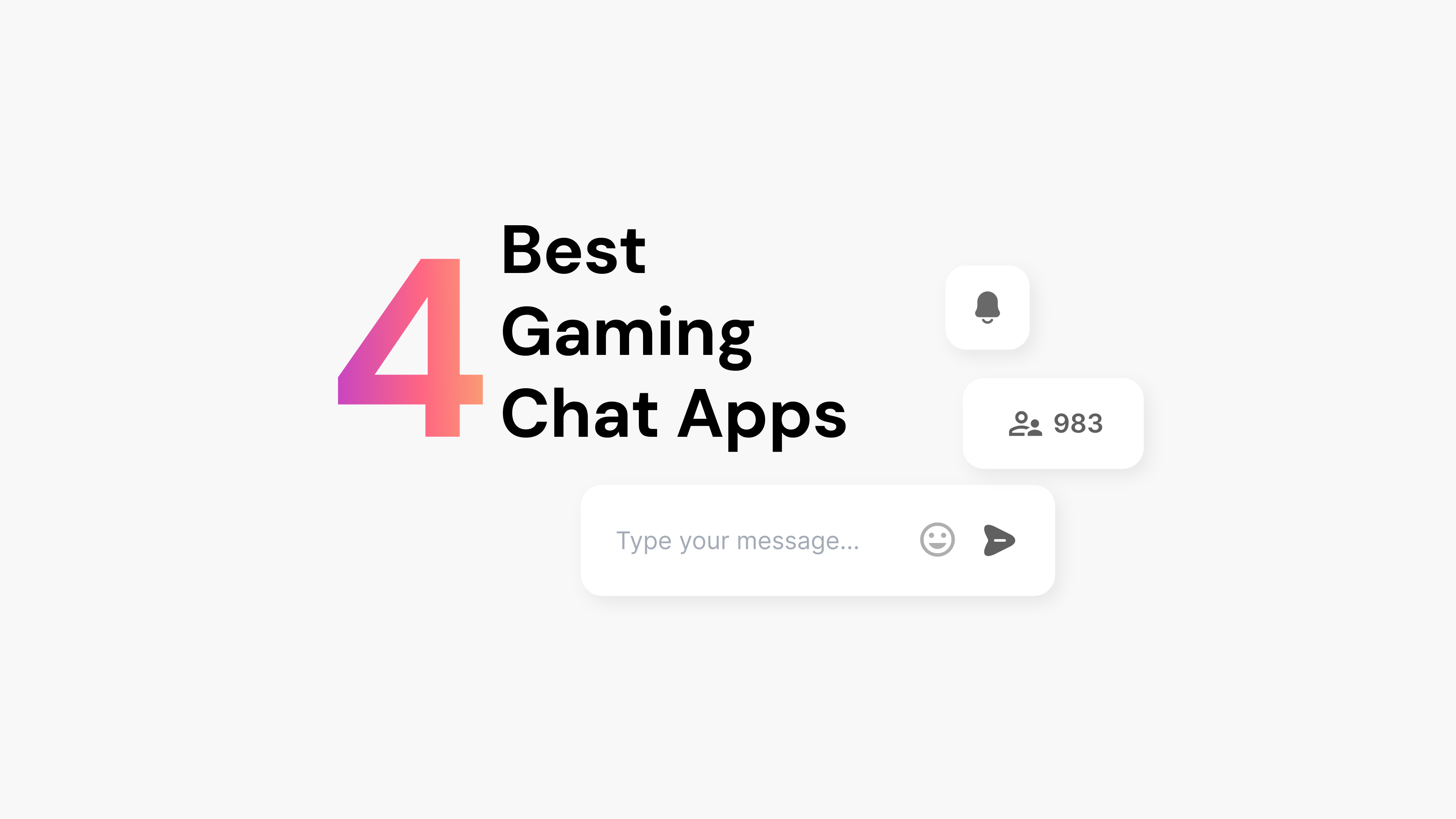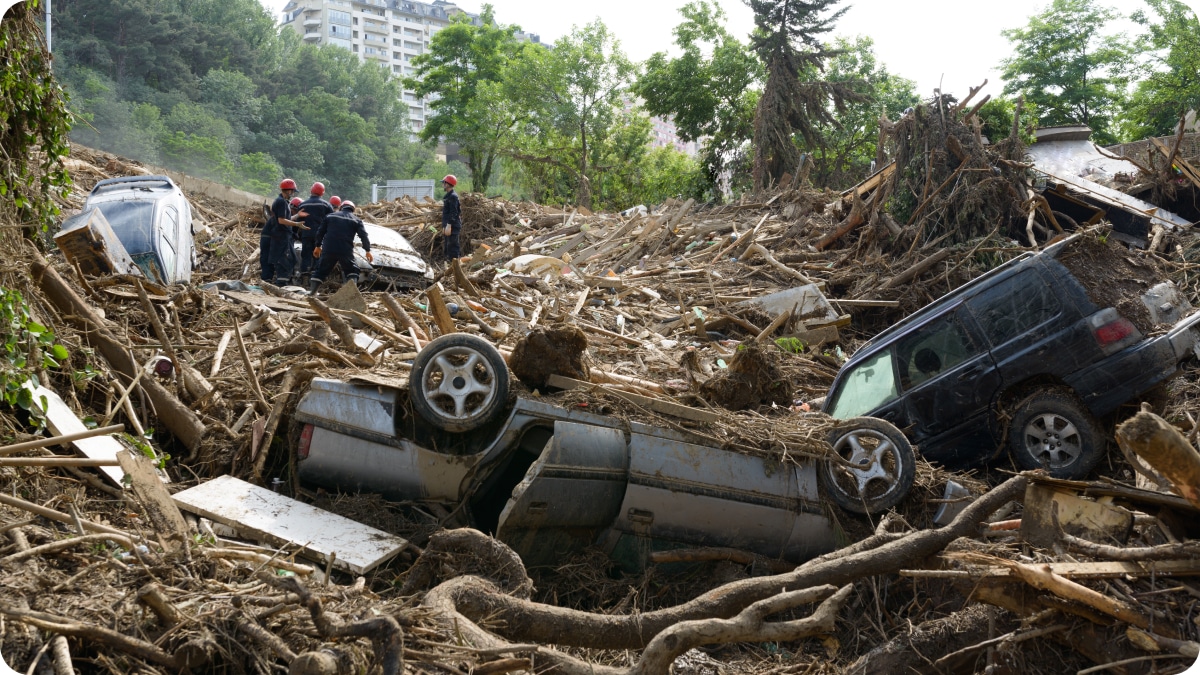
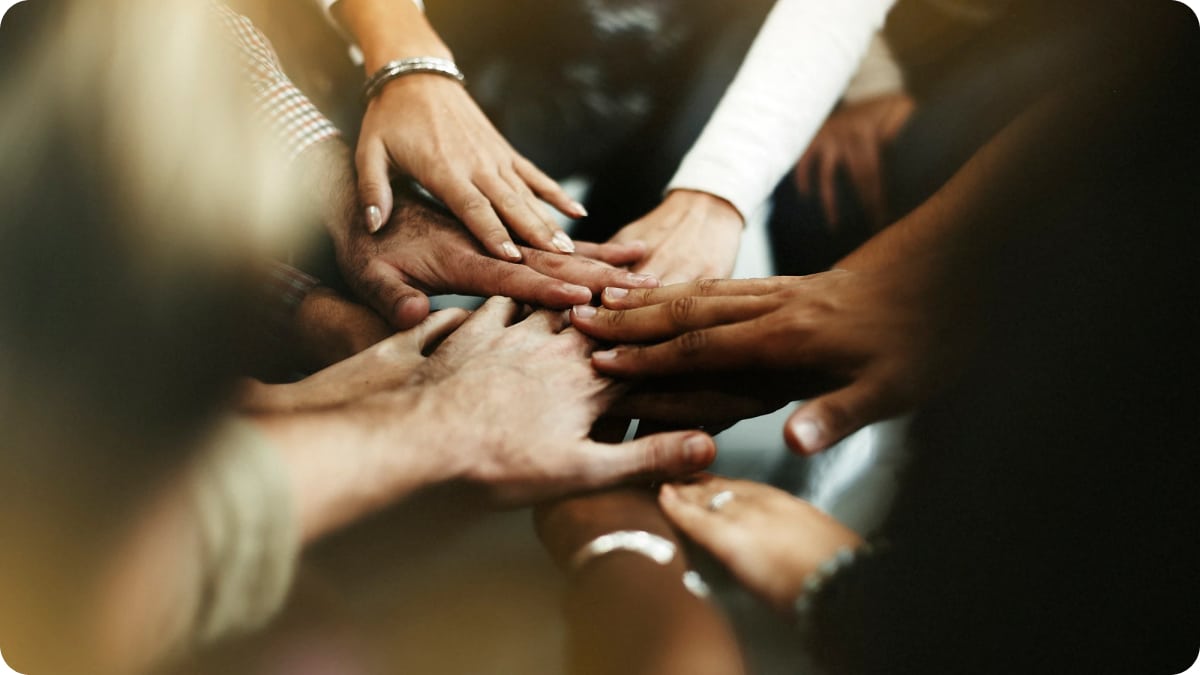
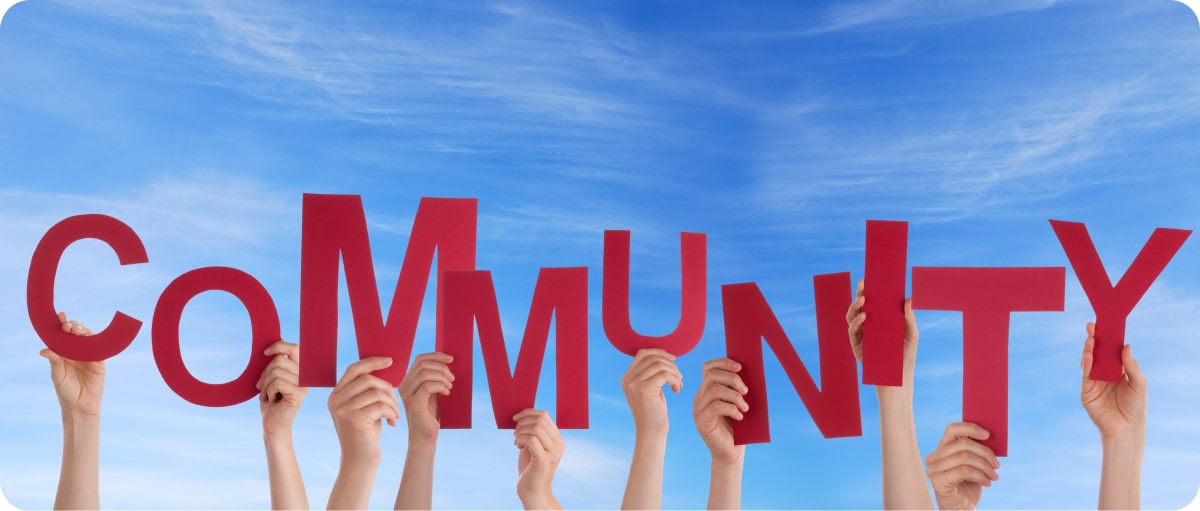
When a crisis strikes, it’s all hands on deck. Governments, police, firefighters, and more all have a critical role to play. Those impacted by a disaster also come together in communities to share support, information, and strategies to recover.
Community-based solutions like Facebook Groups, shared hashtags, and websites empower people to work together. The power of community can provide vital social and practical aid to people suffering through a crisis.
The Impact Of Disasters Runs Deep
When a crisis strikes, people suffer in many different ways. Let’s look back at two of the most significant US disasters in 2022 to show the impact of disaster events.

In the winter of 2022, the electricity grid in Texas failed for days. As a result, more than two hundred people died, according to the Austin-American Statesman. Economically, the cost of the damage has been estimated at $195 billion by the University of Texas at Austin.
Residents took to social media with the hashtag #texaspoweroutage to share updates about the crisis and its aftermath. These messages helped to provide a sense of connection during tough times. That’s not all. These fast online community building effort helped to rally attention and donations from across the country to local organizations like Austin Mutual Aid and homeless shelters.
A few months later, West Virginia suffered from exceptionally high amounts of rain which caused flooding. According to local news reports, the August 15 rainfall alone damaged more than 100 homes. Damage assessments are ongoing, and federal funding is being provided to assist the area.
In early 2023 (last week, as of writing this), major flooding hit California hard. CNN estimated that millions of people were under a flood watch on January 15th. Residents went online using hashtags like #bayareastorm and #AtmosphericRiver to share their observations. Some shared videos showing flooded road conditions – a powerful way to supplement government safety warnings. Others organized charitable relief efforts for people negatively affected by the flood such as the region’s farmworkers using the hashtag #theyfeedus. In the long term, we may find that online community efforts played an important role in helping people through the crisis.
When disaster strikes, the need for community – including online community hubs – is paramount. Publishers and brands that offer such community support during a crisis have an incredible opportunity to contribute to the community.
Four Reasons Why Online Community Hubs Are Valuable In A Crisis
Offering an online community hub to your audience during a crisis offers tremendous value. An online community hub is not a replacement for traditional emergency relief. Instead, it is best seen as enhancing those measures by helping people to meet their community needs.
Here are some ways a digital community experience can help people get through tough times.

1. Provide Accurate, Up To Date Information
During a crisis event, it’s difficult to understand the full scope of the event while you are going through it. You may not know which roads are open, when power will be repaired or how to find emergency aid. In times like these, your audience needs reliable, trustworthy sources of information. Running a live blog with updates on getting help during a crisis is one way to help your community. For example, you might post hourly updates during the height of the crisis to reassure your audience about steps being taken to address the problem.
2. Offer Stability During Unstable Times
When a disaster strikes, your ability to see friends, families, and coworkers suffer. Some people may need to live in a shelter or other temporary housing for a time. This level of disruption can leave people thinking that nothing is certain. This is where your online community hub comes to play.
For example, the meditation app Ten Percent Happier offered a daily meditation experience called “Ten Percent Happier LIVE” during the COVID-19 pandemic in 2020. The fifty-nine-episode live-streamed series for several months in 2020 following the pandemic declaration. Different guests shared their experiences and led guided meditations. This ad hoc digital community experience helped some people cope with the pandemic.
3. Improve Physical Health Problems Linked To Loneliness
Isolation and loneliness are significant social challenges that are likely to worsen during a disaster. That’s significant because social isolation may cause additional health problems. A 2022 health study examines the health of more than 50,000 women in the US. The research found that: “social isolation and loneliness were associated with increased risk of incident cardiovascular disease among older women in the US.”
Online community hubs have a role to play in easing loneliness and may help to reduce physical health problems. Beyond the potential health benefits, an online community hub with an interactive live chat can help your audience find mutual support.
4. Fight Back Against Misinformation
Misinformation is a growing problem in the United States and other countries.
Researchers have found that misinformation can hurt confidence in the democratic system. The Brookings Institution reports that misinformation has already hurt the United States. Misinformation problems are likely to get worse in social media because Twitter has announced it is “no longer enforcing the COVID-19 misleading information policy.” To put that policy change in context, new Twitter CEO Elon Musk disbanded the company’s trust and safety board in December 2022.
Fortunately, misinformation can be stopped. The New Mexico government launched a rumor vs. reality website to address misinformation-inspired questions and concerns. Other states like Connecticut and Colorado have recently implemented additional measures to promote confidence and fight misinformation.
Just imagine if people could not access emergency aid because incorrect information spread. Misinformation has already hurt public health. A 2022 study of Florida adults found that “Exposure to misinformation was directly correlated with vaccine hesitancy.” Offering credible, up-to-date information as situations rapidly develop during a crisis can help your audience stay safe.
Building A Community Hub For A Crisis: A Quick Start Guide
When a crisis strikes, speed is critically important. Use the following tips to create (or enhance) an online community hub during tough times.

1) Identify Your Strengths And Credibility
A single organization can’t be all things to all people, especially in a crisis. For example, a local news outlet may connect deeply with local and state governments and nonprofits. In that case, leverage your strengths in building a crisis hub. For instance, use Arena Live Blog with a list of emergency shelters and tips on accessing relief funds and beyond.
What about concerns and issues that go beyond your organization’s capabilities? The best course is to provide a list of available resources. For instance, the community might need access to emergency housing if their homes are damaged or destroyed. Reach out to government agencies, churches, and other groups to make a list and keep it updated.
2) Enhance Your Community Hub With Trusted Community Voices
Giving voice to trusted community leaders is another way an online community hub can help. Start by looking within your organization. Encourage your best-known news anchors and reporters to focus on crisis reporting. Once your team is engaged, reach out to engage others in the community.
Inviting a broad and representative group of influencers and experts to participate in the online community hub is the next step. Some influencers may need guidance on what messages to share, so connect them with resources. In other cases, your influencers may need more experience communicating with digital communication.
3) Make Your Hub Desirable For Gen Z and Millennial Audiences
Generation Z and Millennials comprise a large proportion of the US population. Engaging these digital natives is vital if your online community hub will thrive. The following best practices will help you to get started:
Offer A Social Media Style Experience
It is estimated that 60% of American Gen Z consumers use social media to shop. A crisis isn’t the same as shopping. However, there is still competition for attention. Make sure your hub offers an interactive experience for your audience. With Arena Live Chat, you can use chat experiences where your audience can interact publicly, send private messages and react to posts.
Use Short Videos
Short video content is one reason why TikTok has exploded in popularity. Creating short, focused videos with credible information during a crisis is a powerful way to connect with Millenials and Generation Z.
Offer Mobile Payments For Fundraising
During a disaster, your audience may want to help to support this need. Support this desire by making your website supports mobile payments. A recent UK survey found that most Gen Z consumers abandon physical wallets instead of digital wallets. If you partner with charitable organizations and nonprofits during a crisis, make it easy for your audience to buy on mobile devices.
For additional insights on connecting effectively with these large demographics, see other posts:
The Fast Way To Build Your Online Community Hub
When a crisis strikes, your audience needs access to a trustworthy online community quickly. There is no time to optimize settings and technology for days or weeks. You need a fast digital solution that can easily integrate into your website. Arena Live Chat and Live Blog are the perfect solutions. You can install these tools on your website in minutes. You can have a live blog up and running in less than an hour with updates. Learn more about building your digital community with Arena.
